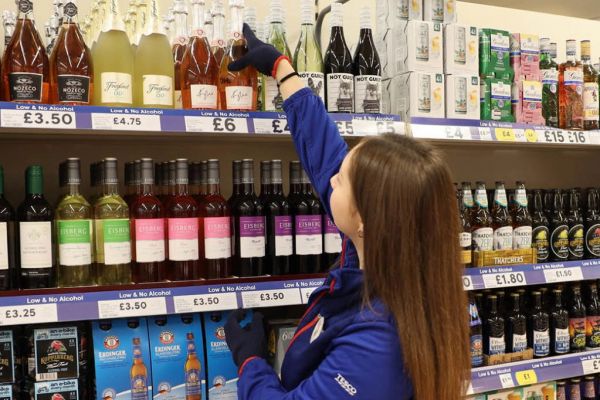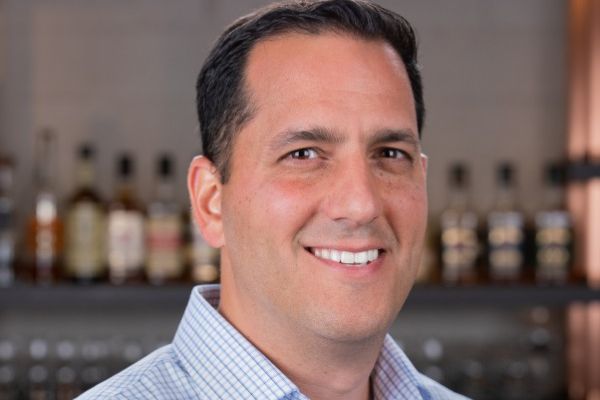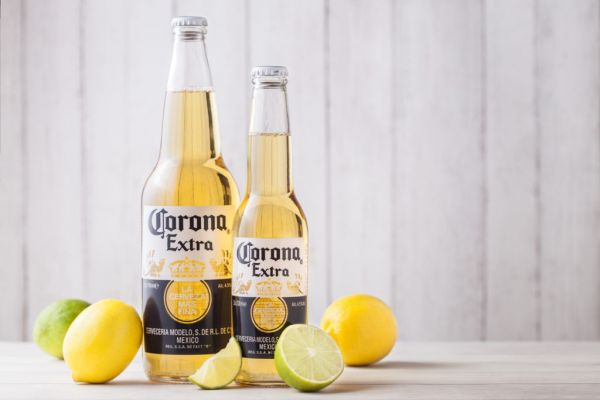Drinkers in England admit to guzzling 120 million extra units of alcohol a week, or 24 percent more, once bank holidays, birthdays, weddings and special occasions are taken into account, according to a survey of more than 4,600 people published Friday in the journal BMC Medicine. That’s the equivalent of 12 million bottles of wine.
The more accurate estimates of alcohol consumption could be critical in helping authorities assess the harmful effects of liquor. Surveys in England, the U.S., Australia and elsewhere regularly show a discrepancy in how much people say they drink and data on alcohol sales. That’s because they fail to account for celebrations, the researchers wrote.
“Every week, the equivalent of over three quarters of a bottle of wine per drinker goes unaccounted for,” said Mark Bellis, a professor of public health at Liverpool John Moores University who led the study. “For some individuals, it makes a difference of two bottles of wine a week.”
Bellis’s survey still leaves about 22 per cent of alcohol sales in England unaccounted for. That’s probably due to people miscalculating or forgetting how much they’ve consumed, or misjudging how much they drink at home, he said.
“A scotch or a wine at home is considerably more than a small scotch or glass of wine poured in exact measurements,” according to Bellis.
Drinking an additional five units of alcohol a week for men who typically consume 27.6 units may substantially increase their risk of dying from an alcohol-related disease or injury, the researchers said. A regular-strength pint of beer contains about two units of alcohol, while a 250-milliliter (8-ounce) glass of wine holds about three units, according to the UK’s National Health Service.
While sales data tell health officials how much alcohol is being consumed overall by a population, they offer no clues about who is drinking what, and when, Bellis said. That information is important for knowing which groups to target with public health messages, he said.
Bloomberg News, edited by ESM











